Part A Introduction
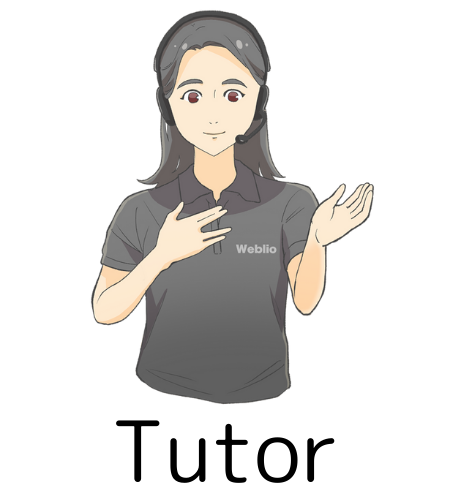
TUTORS NOTE
– OPEN the tutor guide URL in the Pinned message.
– Follow the instructions in the tutor guide.
– Follow the instructions in the tutor guide.

Part A_1 Introduction
Let’s introduce ourselves to each other.
自己紹介をしましょう。
My name is ________. What is your name?
Part A_2 Introduction
I am ________. Nice to meet you.
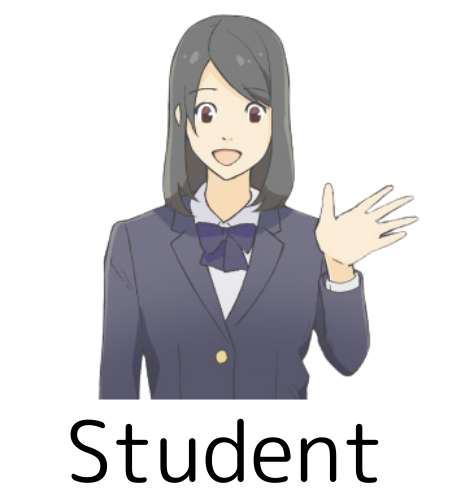
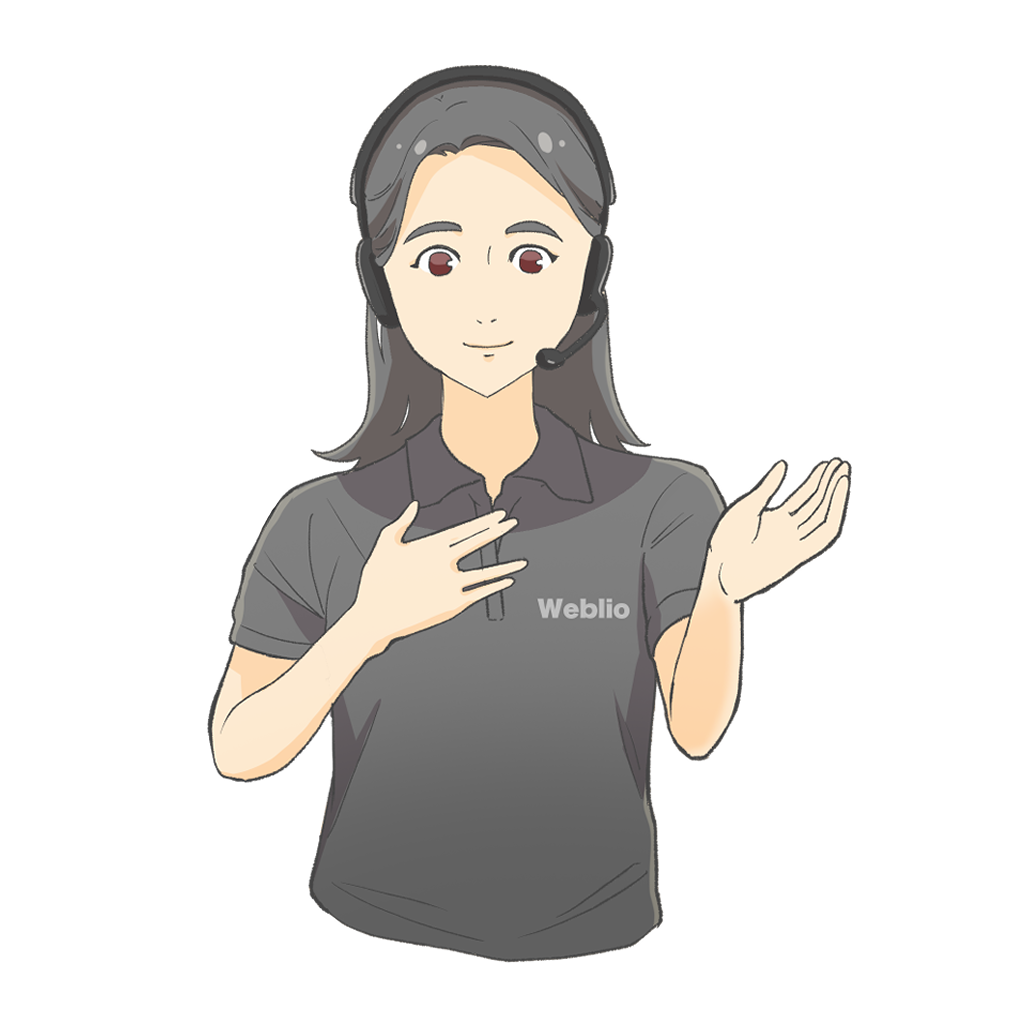
Part A_3 Introduction
Nice to meet you too, ________. Which do you prefer to live in, the city or the countryside? Why?
Part A_4 Introduction
| Answer: |
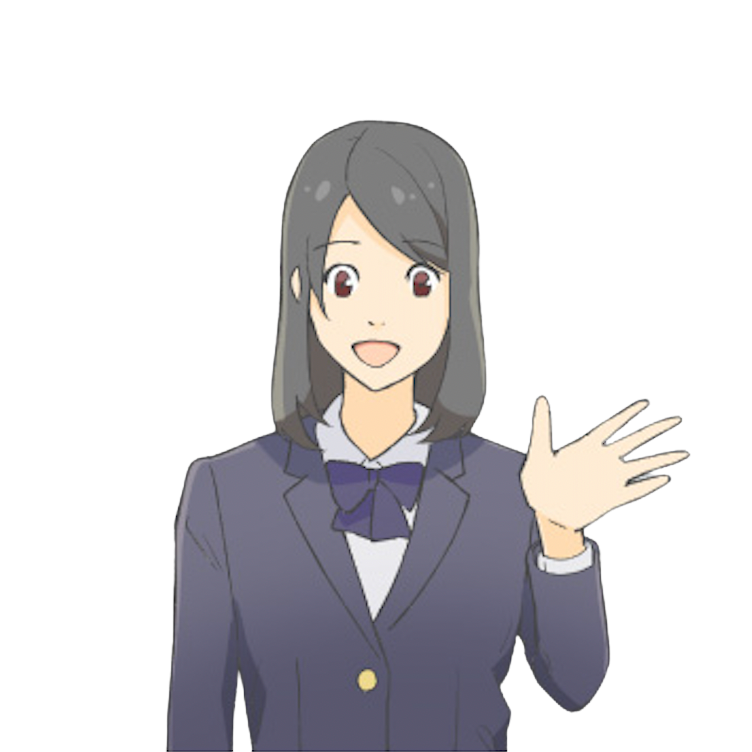

Part A_5 Introduction
________________________________. Let’s begin our lesson!
Part B Listening 1

TUTORS NOTE
– OPEN the tutor guide URL in the Pinned message.
– Follow the instructions from [PART B_1] to [PART B_7] in the tutor guide
– Follow the instructions from [PART B_1] to [PART B_7] in the tutor guide

Part B_1 Listening 1
Please listen carefully while I read the passages.
Then, choose the letter that matches the content.
Then, choose the letter that matches the content.
講師がパッセージを一度読み上げます。そのあと内容に合う文章を次のa~dから選びましょう。最後に答え合わせをします。

TUTORS NOTE
– Tutors MUST read the passage in the tutor guide in [PART B_2]
– The tutor guide URL is in the pinned message
– The tutor guide URL is in the pinned message

Part B_2 Listening 1
| a. | Only the urban population is changing, and the change is brought by people’s moving from rural areas. |
| b. | The number of rural people has slowly decreased and is now very nearly 1.4 billion. |
| c. | Urbanization will happen in some countries, and more and more people will live in urban areas. |
| d. | The population of some cities in South Korea and Japan is expected to increase. |
Part B_3 Listening 1
| Answer: |


Part B_4 Listening 1
Please listen carefully while I read the short passage once. Then, choose the letter of the correct answer.
パッセージの続きを一度だけ読みます。そのあと内容に合う文章を次のa~dから選びましょう。

TUTORS NOTE
– Tutors MUST read the passage in the tutor guide in [PART B_5]
– The tutor guide URL is in the pinned message
– The tutor guide URL is in the pinned message

Part B_5 Listening 1
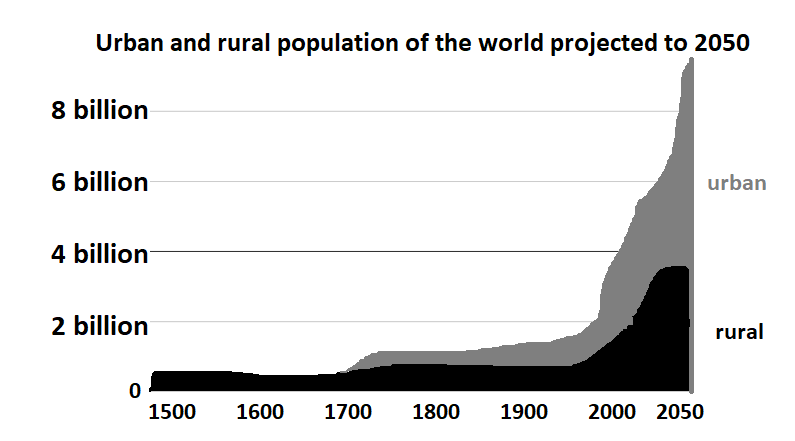
| a. | The increased economic opportunities have attracted people to big cities. |
| b. | People will need to find solutions to many issues because of fast urbanization. |
| c. | The 18th century was the beginning of fast urbanization. |
| d. | Population growth due to urbanization has no negative effects on the global environment. |
Part B_6 Listening 1
| Answer: |


Part B_7 Listening 1
Now, let’s review your answers.
では、あなたの答えを復習してみましょう。

TUTORS NOTE
– Tutors MUST read the instructions in the tutor guide in [PART B_7]
– The tutor guide URL is in the pinned message
– The tutor guide URL is in the pinned message
Part B_8 Listening 1

Part C Listening 2

TUTORS NOTE
– OPEN the tutor guide URL in the Pinned message.
– Follow the instructions from [PART C_1] to [PART C_7] in the tutor guide
– Follow the instructions from [PART C_1] to [PART C_7] in the tutor guide

Part C_1 Listening 2
Please read the situation below. Then, please listen carefully while I read the dialogue.
After that, please answer the following questions.
After that, please answer the following questions.
下記の状況を読んでください。その後講師が会話文を音読するので、質問に答えましょう。
Part C_2 Listening 2
Nadia and John are talking about books and e-books.


TUTORS NOTE
– Tutors MUST read the dialogue in the tutor guide in [PART C_3]
– The tutor guide URL is in the pinned message
– The tutor guide URL is in the pinned message

Part C_3 Listening 2
1. What is Nadia’s main point?
| a. | Reading books is not the best way to get information because books are not updated. |
| b. | It is inconvenient to read books outside the home or library since books are heavy to carry around. |
| c. | It is better to look things up online rather than to read books these days. |
| d. | Reading books is time-consuming and costs a lot compared to buying e-books. |
Part C_4 Listening 2
| Answer: |


Part C_5 Listening 2
2. Why does John like reading books instead of e-books?
| a. | Reading books is like listening to music. |
| b. | He loves the feel of paper books. |
| c. | His grandparents love reading books. |
| d. | Reading books reduces stress. |
Part C_6 Listening 2
| Answer: |


Part C_7 Listening 2
Now, let’s review your answers.
では、あなたの答えを復習してみましょう。

TUTORS NOTE
– Tutors MUST read the instructions in the tutor guide in [PART C_7]
– The tutor guide URL is in the pinned message
– The tutor guide URL is in the pinned message
Part C_8 Listening 2

Part D Vocabulary

Part D_1 Vocabulary
We will read aloud the words below. Please repeat after me. I will check your pronunciation.
単語を音読します。講師に続いて読みましょう。講師は発音を確認します。
Part D_2 Vocabulary
| 1. | evolution |
|
進化
|
|
| 2. | instinctively |
|
本能的に
|
|
| 3. | ancestor |
|
祖先
|
|
| 4. | survive |
|
生き残る
|
|
| 5. | grown |
|
(growの過去分詞)成長した
|


Part D_3 Vocabulary
Now, let’s review some words from part E_2.
ではいくつかの単語、文章を復習してみましょう。
Part D_4 Vocabulary

Part E Reading

Part E_1 Reading
Please read aloud the whole passage below. I will check your pronunciation and intonation.
以下の文章を声に出して読んでみましょう。講師が発音、イントネーションについて確認します。
(Please send the mispronounced words and phrases to your student.)
Part E_2 Reading
Animals use math
The ability to solve math problems is showing up in all kinds of creatures. A growing body of research says that math was probably discovered by nature long before it was discovered by humans. A mathematician, Tim Pennings, has a theory that other organisms have grown naturally over millions of years of evolution to learn the methods that work well when doing things.
Given the difficulties of life in the wild, experts say that math is used frequently in nature. An animal may instinctively increase its chances of surviving by learning which bush has more berries or which group of lions is more fearsome. Probably the same applied to our ancestors. So, perhaps math is more than just a report card grade. Your life may depend on it!


Part E_3 Reading
Now, let’s review some words and sentences from part F_2.
ではいくつかの単語、文章を復習してみましょう。
Part E_4 Reading

Part F Reading

Part F_1 Reading
I will ask the following questions. Please answer questions 1 to 2 based on the passage, and 3 based on your opinion.
講師が3つ質問をします。1~2はパッセージの内容に基づいて、3はあなたの意見を伺います。

Part F_2 Reading
| 1. | Based on the passage, what is showing up in all kinds of creatures? |
Part F_3 Reading
| Answer: |


Part F_4 Reading
| 2. | What theory does Tim Pennings have? |
Part F_5 Reading
| Answer: |


Part F_6 Reading
| 3. | We can always have a calculator with us thanks to smartphones. Do you think people’s ability to calculate on their own has declined? What about you? |
Part F_7 Reading
| Answer: |


Part F_8 Reading
Now, let’s review your answers.
では、あなたの答えを復習してみましょう。
Part F_9 Reading

Part G Making sentences

Part G_1 Making sentences
Please construct sentences using each word below.
以下の言葉を使って文章を作りましょう。
Part G_2 Making sentences
| instinctively | |
| survive |


Part G_3 Making sentences
Now, let’s review your answers.
では、あなたの答えを復習してみましょう。
Part G_4 Making sentences

Part H Making essay

Part H_1 Making essay
Please answer this question:
“Do you think math is useful in your daily life?”
In your answer, explain when and why you think math is / isn’t useful.
“Do you think math is useful in your daily life?”
In your answer, explain when and why you think math is / isn’t useful.
“Do you think math is useful in your daily life?”の質問に、いつ、どうしてそう考えるかについても答えましょう。
Part H_2 Making essay
“Do you think math is useful in your daily life?
In your answer, explain when and why you think math is / isn’t useful.”
In your answer, explain when and why you think math is / isn’t useful.”
(Please read aloud your answer.)
答えを読み上げてください。


Part H_3 Making essay
Thank you for your presentation. You did a wonderful job. Now, let’s review your answer.
発表ありがとうございました。では、あなたの答えを復習してみましょう。その後、修正したあなたの答えを読んでみましょう。
Part H_4 Making essay

Part I Review and feedback

Part H_1 Review and feedback
Now, let us review the things that you learned in this lesson.
ではこのレッスンで学んだことを振り返りましょう。
(Please give a short feedback on how your student did on your class.)
| Grammar
文法
|
Pronunciation
発音
|
Vocabulary
単語
|
Comprehension
理解
|
|
|---|---|---|---|---|
 GOOD GOOD |
Was able to speak in complete sentences with minimal grammatical errors.
文法の誤りはほとんどなく、完全な文章で話すことができる |
Was able to pronounce most of the words clearly and correctly.
ほとんどの単語をはっきりと正しく発音することができる |
Used appropriate expressions learned in class.
習った表現を適切に使うことができる |
Was able to understand the passages and answer the questions correctly.
文章を理解し、質問に正しく答えることができる |
 FAIR |
Was able to speak in complete sentences with evident grammatical errors.
文法の誤りはあるが、完全な文章で話すことができる |
Mispronounced a few words.
発音の練習が必要な言葉がいくつかある
|
Used appropriate expressions learned in class and made a few errors in word choice.
たまにミスはあるが、習った表現を適切に使うことができる |
Had a little difficulty in understanding passages and answering questions.
文章を完全に理解するのは難しく、質問に正しく答えられないときもある |
 POOR |
Was able to speak using words only.
文章で話すのは難しく、単語だけで話すことができる |
Mispronounced most of the words.
発音の練習が必要である |
Used only a few words and expressions.
習った単語と表現を少しだけ使うことができる |
Had a hard time understanding passages and answering questions.
文章を理解するのは難しく、質問に答えるのは難しい |
Part J Free talk

Part J_1 Free talk
Let’s do a free talk about the following topics.
フリートークをしましょう。

Part J_2 Free talk
| 1. | Do you like math? If yes, why do you like it? What do you think are the advantages of math? if not, why? How do you study math? |
Part J_3 Free talk
| Answer: |


Part J_4 Free talk
| 2. | Please tell me your favorite and least favorite subjects.
1. Please tell me the reasons why you like it and don’t like it. 2. What do you think those subjects could be used for in the future? |
Part J_5 Free talk
| Answer: |
